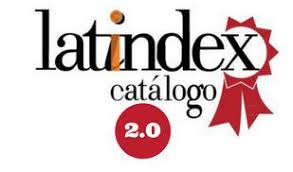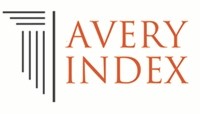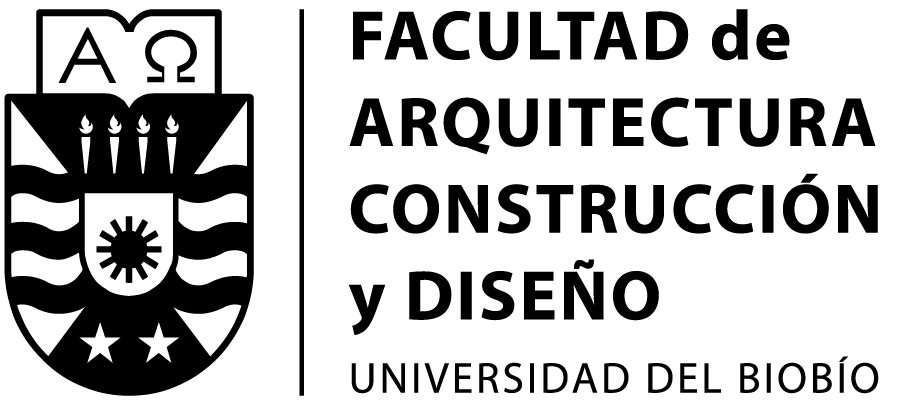Landscape and proposals of political decisions for sustainable development
Keywords:
Landscapes, law, development, laws, managementAbstract
From a political perspective, landscape is conceived here as a common public good and territorial capital for the Chilean State. It is generalized throughout the country and subject to the rights of the populations that perceive it and for whose democratic enjoyment attitudes not only of protection but also of management, organization and legislation must be generated.
The landscape in Chile has experienced growing interest from society. The origin of this concern is related to three determining factors: (1) the vision of the landscape as an economic resource, (2) the organization and management of changes in the country, and (3) social revaluation as a result of the first two factors. As an economic resource, the landscape has contributed to the development of activities such as mining, energy, agro-industry and tourism, all of which are geared toward economic growth. However, they have neglected the significant aspects of the landscape and have not taken into account that it is common property and heritage. Due to transformations in the territory, the landscape has been degraded by human activities in the public and private sectors, which is generating initial, but palpable concern. The various social strata intuitively consider this as a scarce, common good, and its loss, the cause of deterioration of the environment and quality of life. The dimension of healthy landscape has begun to be incorporated into territorial planning worldwide. Chile should adopt this policy to safeguard the common good.
In social revaluation, landscape is seen as a decisive element in human welfare and quality of life. It is also a source of identity and heritage, which makes it possible to recognize the diversity of landscapes and culture of this country. Therefore, the proposal is framed by the understanding of landscape as a common good and the idea of a shared duty: “Citizens and the state must together ensure the common good and coexistence.”
Downloads
Downloads
Published
How to Cite
Issue
Section
License
The content of articles which are published in each edition of Habitat Sustentable, is the exclusive responsibility of the author(s) and does not necessarily represent the thinking or compromise the opinion of University of the Bio-Bio.
The author(s) conserve their copyright and guarantee to the journal, the right of first publication of their work. This will simultaneously be subject to the Creative Commons Recognition License CC BY-SA, which allows others to share-copy, transform or create new materials from this work for non-commercial purposes, as long as they recognize authorship and the first publication in this journal, and its new creations are under a license with the same terms.![]()























